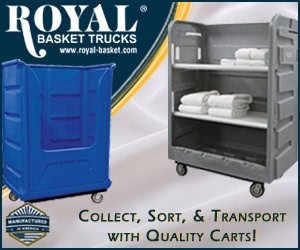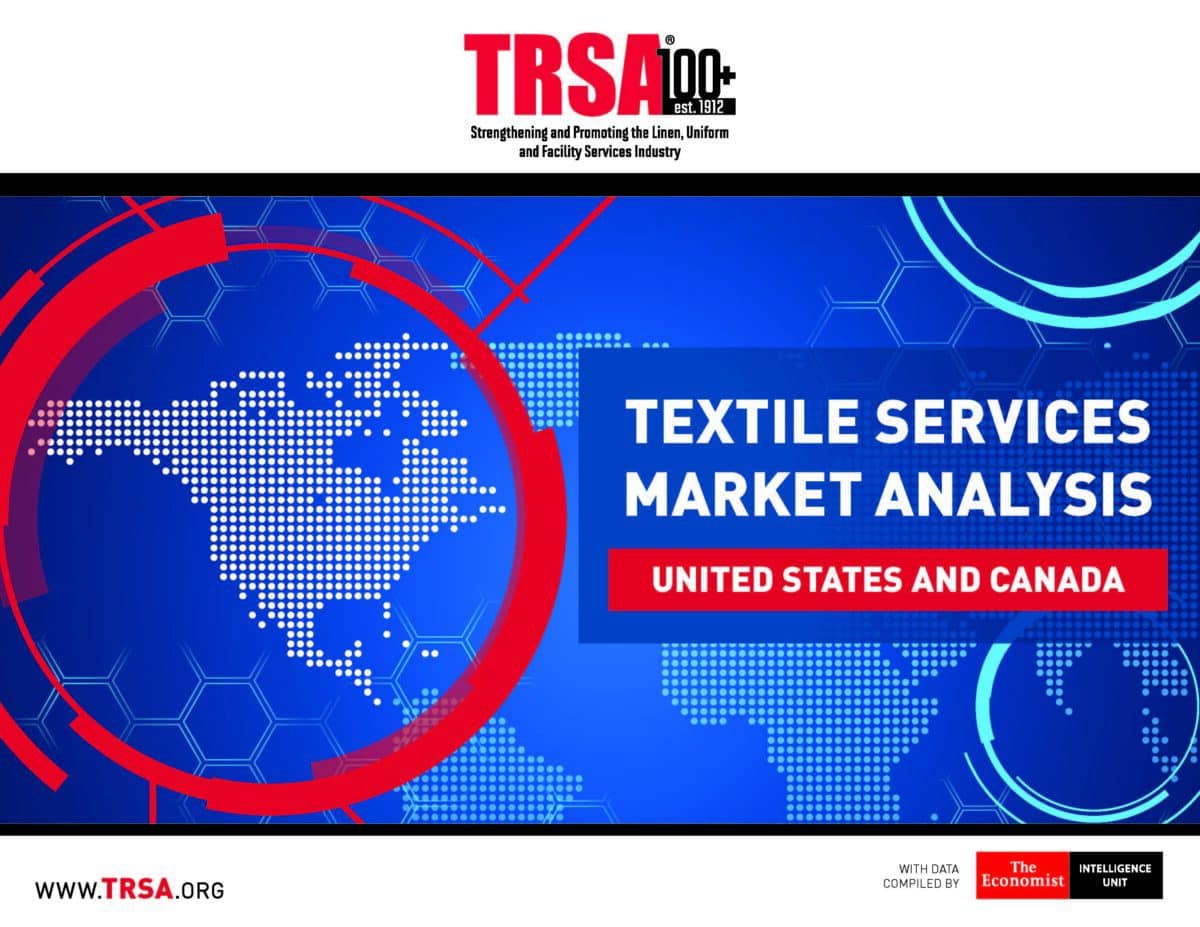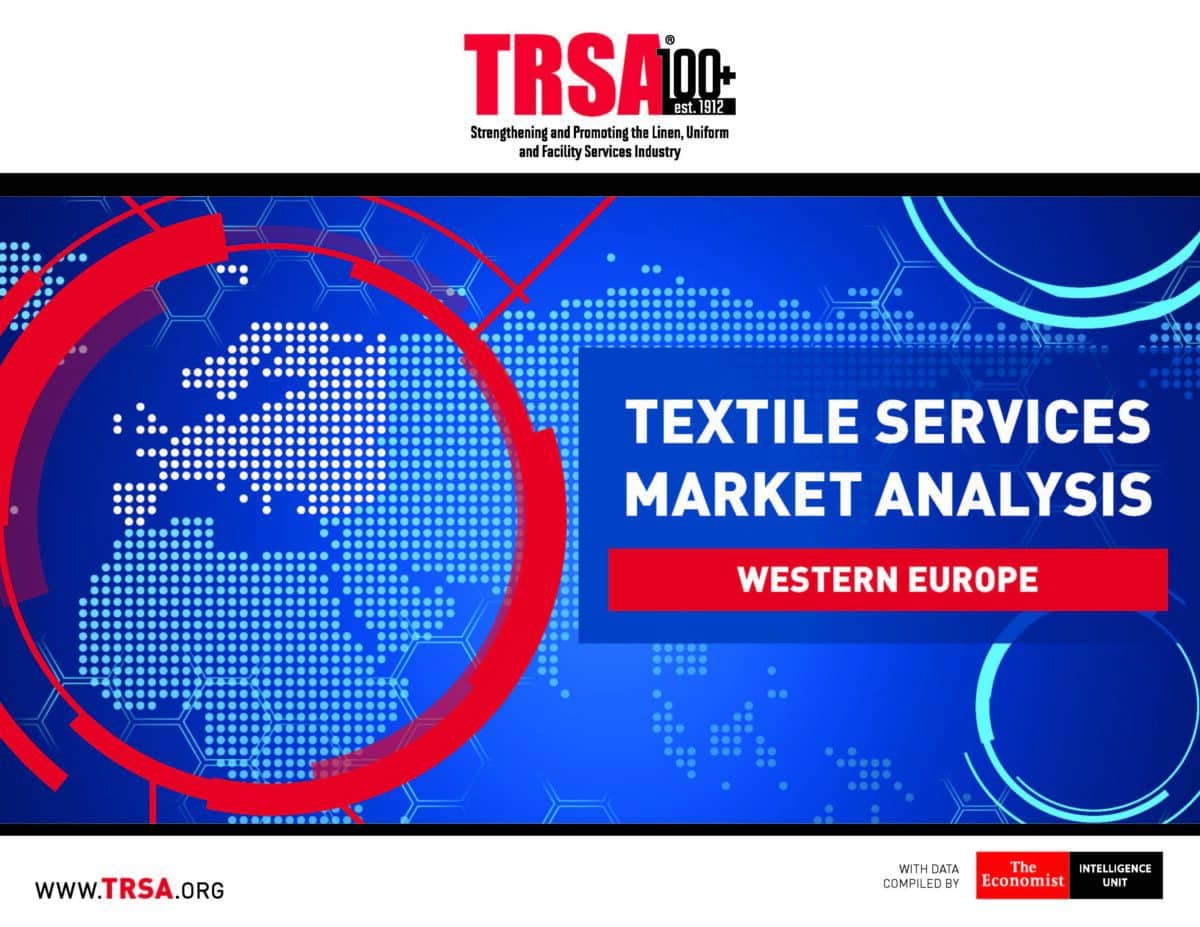Independent analysis verifies commercial textiles’ superior sustainability, finds lower environmental impact vs. disposables.
A 2014 independent study commissioned by TRSA indicates reusable textile products (cloth) have less environmental impact when substituted for disposable counterparts (paper/synthetic) in three common commercial scenarios:
- Using a napkin in a mid-priced or upscale restaurant
- Wearing a shoulder-to-shin gown to protect clothing in a hospital
- Wiping oil, grease, solvent, chemicals and other soils in an industrial setting
The research quantifies the natural resources needed and waste generated in the manufacturing, distribution, use and disposal of various reusable and disposable versions of these products. The findings suggest that across the wide variety of available products’ materials and weights, reusables have the lowest environmental impact throughout their normal life cycle.
Results of this product life cycle assessment reinforce TRSA members’ longstanding competitive advantage over disposables manufacturers due to the favorable economics of textile reuse and commercial laundering. Now reusables’ lower environmental impact can be added to the case that they are the more sustainable option for businesses.






